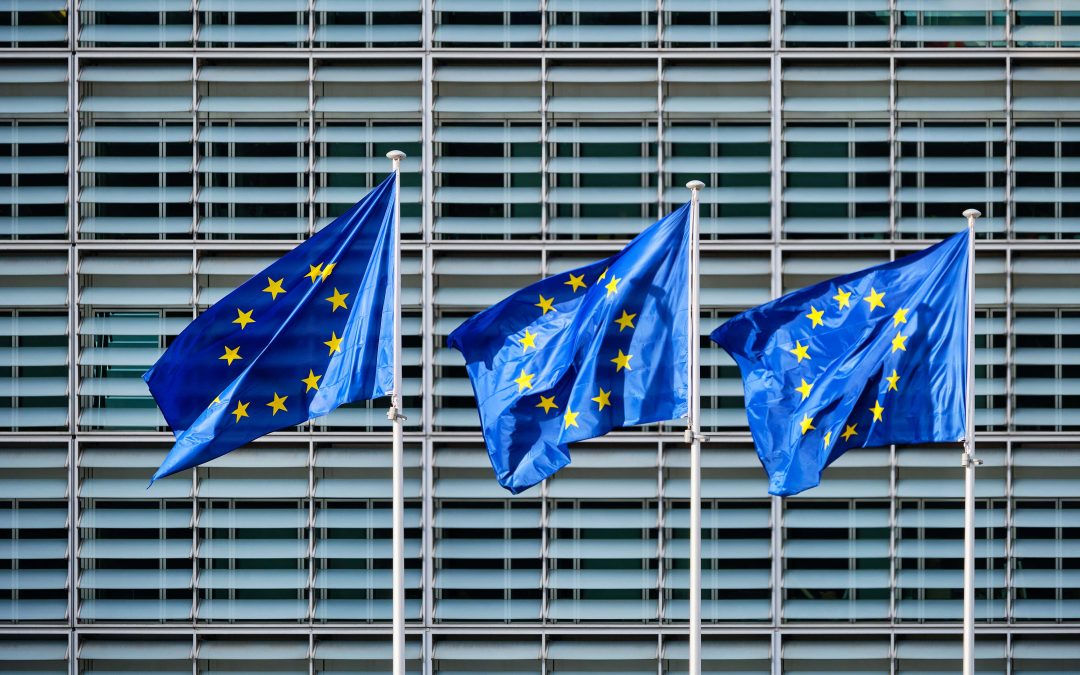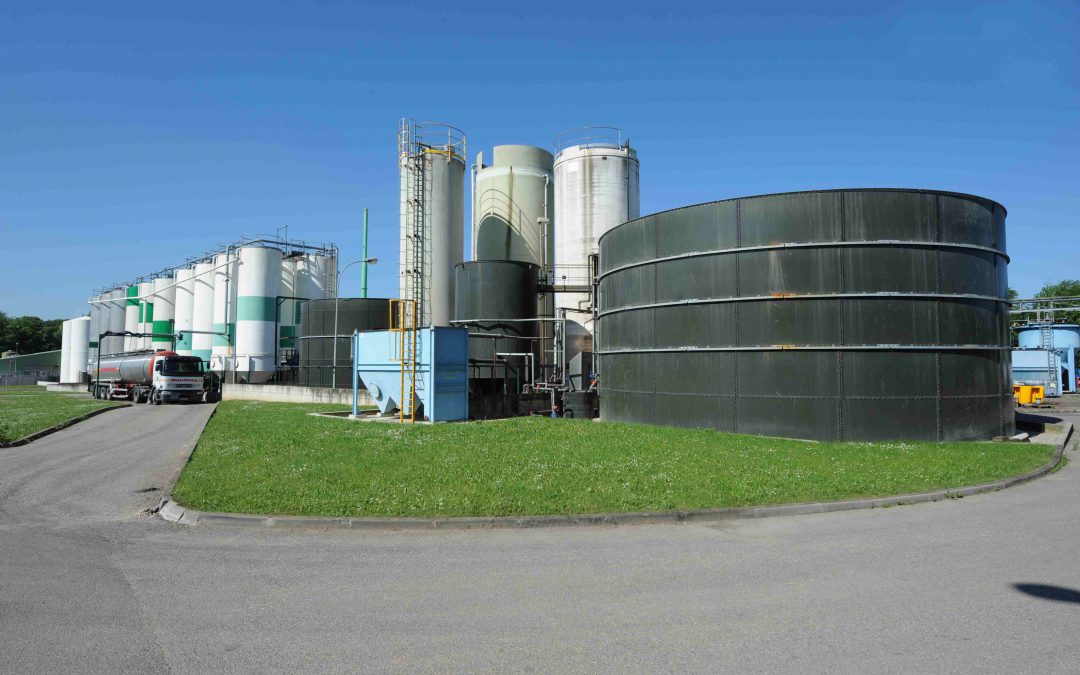
Application of EU legislation on Hazardous Waste: European Member States can do better
Bound to oversee the proper application of the EU legislation, the EU Commission mandated the consulting firm BIPRO in 2014 to assess the implementation of hazardous waste management in EU Member States. A first study published in 2015 concluded that most requirements of EU legislation on hazardous waste were well transposed into national legislation, but that major gaps exist on statistical data for some Member States. It was decided to launch a second study to further assess hazardous waste and PCB management in 14 selected Member States (Bulgaria, Belgium, Cyprus, Czech Republic, Germany, Spain, France, Greece, Italy, Poland, Portugal, Romania, Sweden and the United Kingdom), that has been released this week. Structured around analysis of the current situation regarding hazardous waste and PCB management in the 14 Member States, it proposes some recommendations to improve the management that have been discussed with national authorities and private and public actors during 11 seminars. It brought out challenges regarding the implementation and enforcement of key obligations of the waste framework directive (2008/98 recently amended by 2018/851) concerning hazardous waste such as classification, labelling, permitting, mixing ban, collection, storage and treatment of hazardous waste. Among the key recommendations, the study underlines among other: The importance of classification of hazardous waste as prerequisite for effective planning (having a consistent definition to capture relevant waste
;

